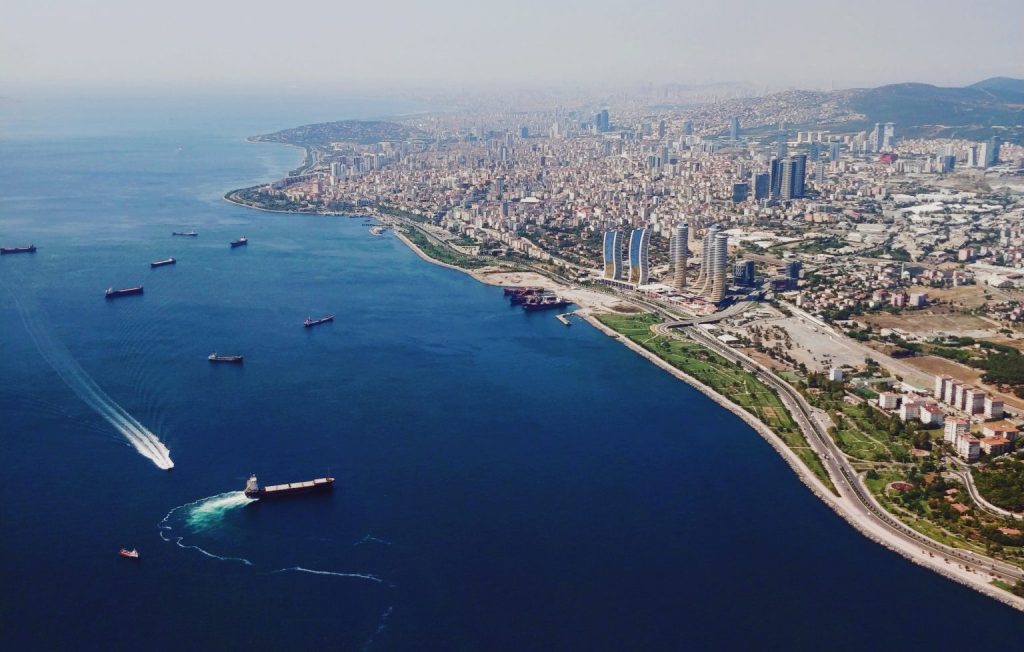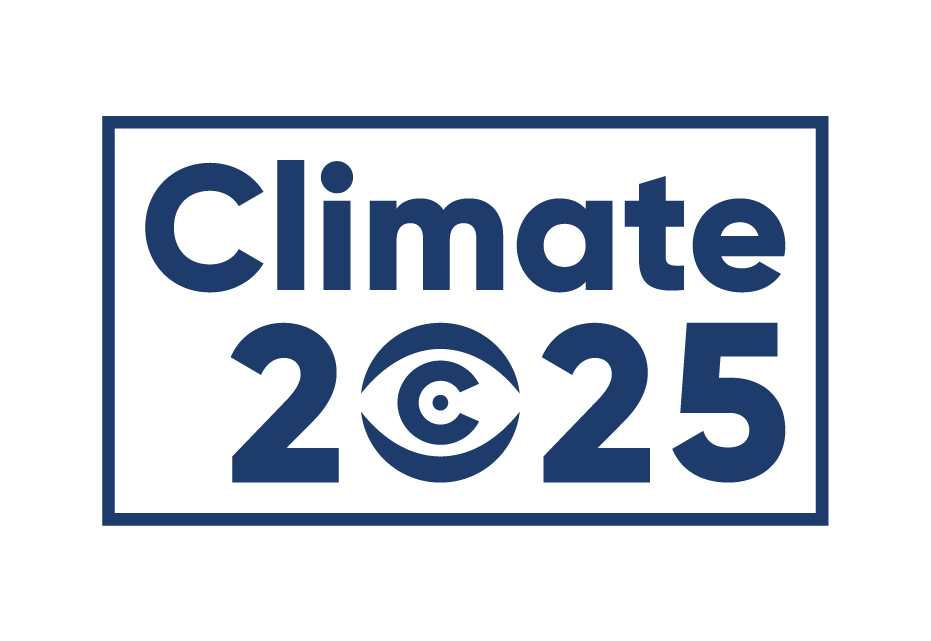Economic and Fiscal Implications of Climate Change for Vulnerable Countries in Central America and the Caribbean

Climate vulnerable countries, such as those in Latin America and the Caribbean, are currently locked in a cycle of debt and climate: extreme weather events are driving up debt burdens, shrinking already-limited fiscal space and leading to higher costs of capital. Governments are left unable to adequately invest in adaptation measures or meet nationally determined […]
Indices of Sustainability of Fiscal Policy Among the V20

In 2021, the Vulnerable Group of Twenty (V20) made a call for debt flexibility, invoking insufficient fiscal resources to finance responses to health and social crises caused by the COVID-19 pandemic as well as urgent investments in climate adaptation. The service of public debt crowds out crucial investments that countries require to climate-proof their economies and establish […]
Climate Change Risks and Consequences on Growth and Debt Sustainability in Africa

Although Africa has contributed only 3.8 percent of total global emissions, it has borne the brunt of climate change. With a substantial lack of energy access in Sub-Saharan Africa, the continent must balance the need to combat climate change with an urgency to develop the continent’s economies to alleviate hunger and poverty, which are exacerbated […]
Climate Physical Risk, Transition Spillovers and Fiscal Stability: An Application to Barbados

The 6th Assessment Report of the Intergovernmental Panel on Climate Change (IPCC) underscored that climate impacts will be significant and differ widely across countries, with developing economies far more exposed to the negative impacts of chronic and acute physical risk. Beyond climate physical risks, countries can also be negatively affected by a disorderly introduction of […]
Critical Challenges in Realizing the Energy Transition: An Overview of Indian States

Over the next few decades, India will undergo a significant energy transition to meet climate goals, with a steady reduction in the share of fossil fuels in its energy portfolio. This transition will have many different impacts, including on government revenues, investments and potential loss of fossil fuel-based assets and employment. A March 2022 study […]
An Analysis of the IMF’s International Carbon Price Floor Proposal

World leaders are facing a shrinking window to enact ambitious climate policies, as nationally determined contributions (NDCs) alone will not be enough to remain below the 2C global warming threshold. With the goal of enhancing global climate action, the International Monetary Fund (IMF) has proposed an international carbon price floor (ICPF) arrangement, developed from the […]
A Closer Look at Fiscal Space in Climate Vulnerable Developing Countries

Whether or to what degree climate-vulnerable developing countries have fiscal space is a key question confronting the international public finance community today. A new technical paper by Toby Melissa C. Monsod, Mary Anne Majadillas and Maria Socorro Gochoco-Bautista for the Task Force on Climate, Development and the International Monetary Fund studies the availability of fiscal […]
Fiscal Impact Estimates of a Net-Zero Emissions Transition for Major Hydrocarbon Producers in Latin America and the Caribbean

Hydrocarbon producing countries will face important fiscal challenges to reduce greenhouse gas emissions in line with the Paris Agreement on Climate Change and then move to a net-zero emission (NZE) scenario. Efforts taken to reduce these emissions will lower demand for fossil fuels globally and result in falling production volumes and decreased prices. As a […]
Macroeconomic Consequences of Climate Change in Africa and Policy Implications

Prior to the pandemic, Africa had begun to experience a slowdown in economic growth, and COVID-19 has only worsened these adverse trends. What is more, the pandemic also struck at a time when Africa was making slow and uneven progress towards achieving the 2030 United Nations Sustainable Development Goals (SDGs), with the continent already under […]
India’s Energy and Fiscal Transition

At the United Nations Climate Change Conference in Glasgow, India’s Prime Minister Narendra Modi announced India will meet a target of net-zero emissions by 2070. Now, over the next few decades, India faces a significant energy transition, as fossil fuels account for a significant share of Indian government revenues. Currently, the Indian government, both the […]


